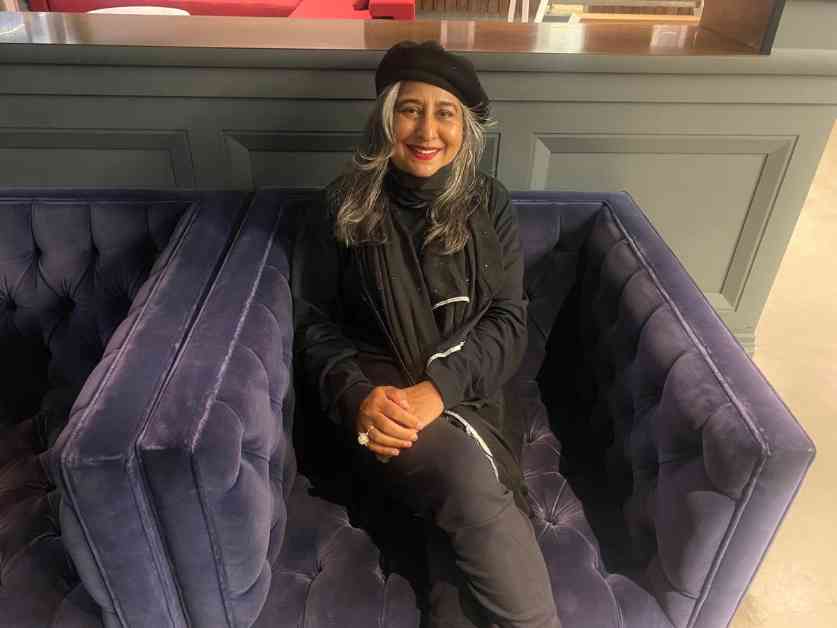The University of the Arts London is facing a lawsuit for discrimination filed by Nina Rahel, a former equality and diversity officer who successfully sued her employer for unfair dismissal. In an exclusive interview with The Independent, Rahel criticized the university’s failure to address racism and support Black and Asian students.
Rahel, who is of south Asian heritage, worked at the University of the Arts London for nine years before being forced out of her job after raising concerns about the organization’s handling of racism complaints. The employment tribunal ruled in July that Rahel was victimized and unfairly dismissed.
The discrimination Rahel faced at the hands of her employer highlights the systemic issues within the equality and diversity sector. In her interview with The Independent, Rahel described her experience as a “David versus Goliath” battle, emphasizing the lack of support and accountability within the industry.
Rahel’s case sheds light on the challenges faced by EDI officers who are often marginalized and disregarded in their roles. Despite working in a field dedicated to equality, diversity, and inclusion, Rahel’s experience at the University of the Arts London exemplifies the disconnect between rhetoric and reality within the sector.
Subheading 1: The Impact of Global Movements on EDI Practices
The global Black Lives Matter demonstrations in 2020 prompted Rahel to raise concerns about the university’s inadequate response to racism and lack of support for students. Following these events, Rahel highlighted the organization’s failure to address racism effectively, citing examples of inappropriate responses to discrimination complaints.
Despite her efforts to bring attention to these issues, Rahel’s feedback was ignored by her manager, Isabella Chan, who chose to disregard her concerns. This pattern of silencing dissent within the organization reflects a broader culture of fear and retaliation against those who speak out against discrimination.
Subheading 2: The Repercussions of Speaking Out
Rahel’s decision to challenge the discriminatory practices at the University of the Arts London had profound repercussions on her health and well-being. The stress and strain of the legal battle exacerbated her existing health issues, leading to the loss of sight in her left eye due to complications from type-two diabetes.
In addition to the physical toll, Rahel’s experience also took a significant emotional and mental toll on her, impacting her marriage, family life, and future job prospects. The betrayal she felt from her employer, who failed to uphold the values of equality and inclusion, left her feeling angry, unstable, and mistrustful.
Subheading 3: The Importance of Holding Institutions Accountable
Rahel’s successful lawsuit against the University of the Arts London serves as a reminder of the importance of holding institutions accountable for discrimination and injustice. Despite the challenges she faced throughout the legal process, Rahel’s perseverance and courage in challenging the status quo are commendable.
Zillur Rahman of Rahman Lowe Solicitors, who represented Rahel in her case, praised her bravery in standing up against unfair and discriminatory practices. The tribunal’s decision against the university highlights the need for institutions to reflect on their actions and prioritize inclusivity and diversity in their practices.
In response to the outcome of the case, a spokesperson for the University of the Arts London acknowledged the tribunal’s decision and stated that the institution is reflecting on its findings. While the university claims to prioritize equality, diversity, and inclusion in its values and activities, Rahel’s case exposes the shortcomings in its commitment to these principles.
As Rahel continues to navigate the aftermath of her legal battle, her story serves as a powerful reminder of the importance of speaking out against discrimination and holding institutions accountable for their actions. By sharing her experience, Rahel hopes to inspire others to stand up against injustice and fight for a more equitable and inclusive society.












